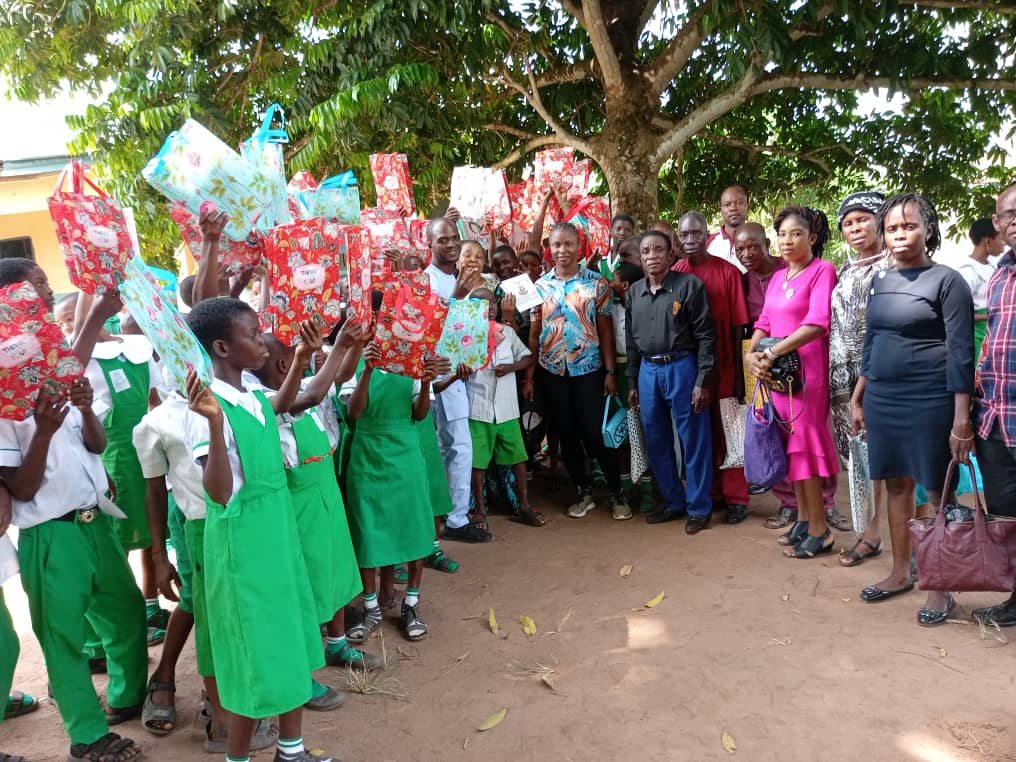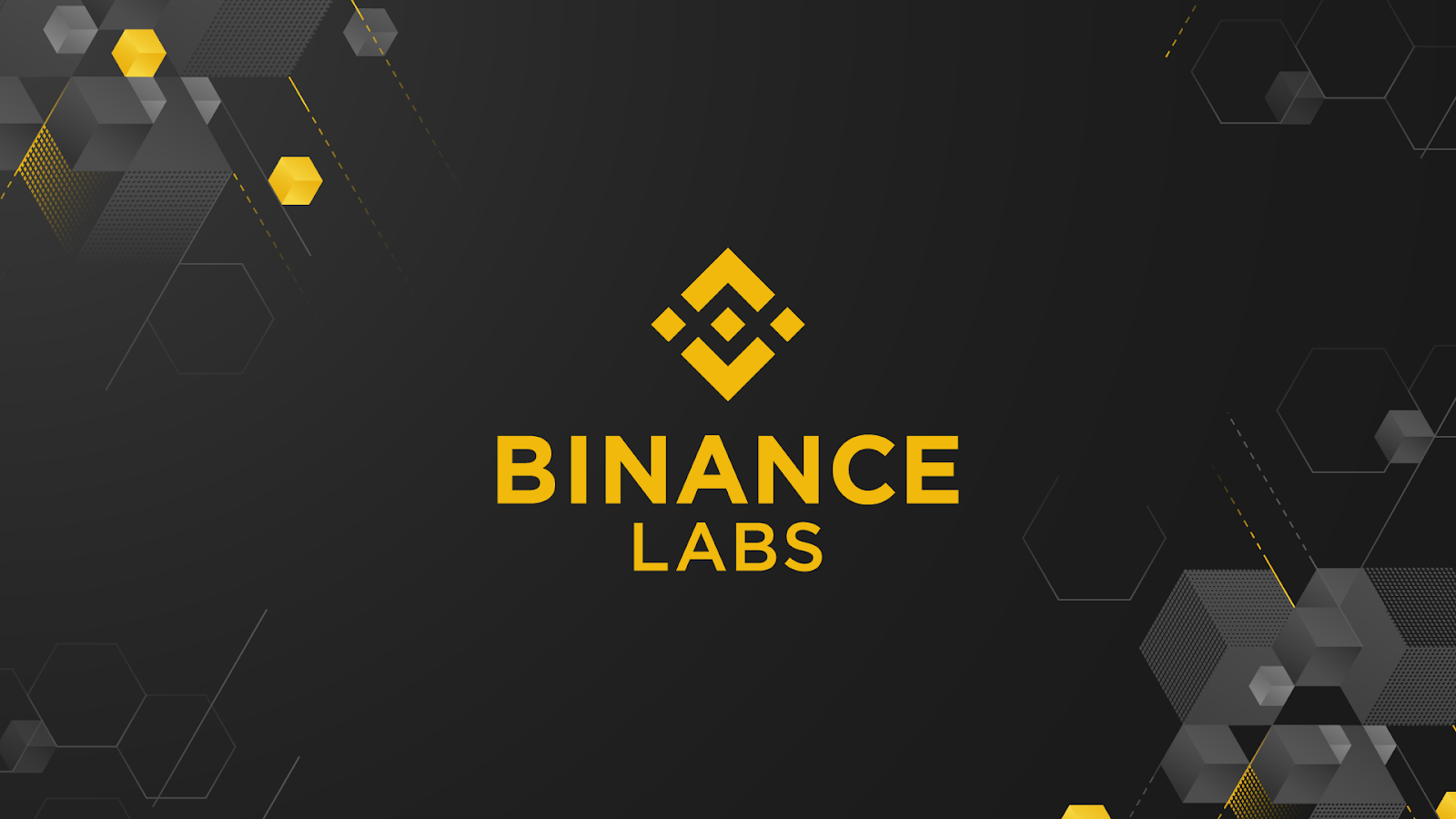Education
Harvard Business School Leverages Africa’s Entrepreneurial Community

By Kestér Kenn Klomegâh
In a recent interview, Program Director Diane Waters highlighted the innovative AfricaLive! online course, meticulously crafted by Harvard Business School professors Caroline Elkins, Tarun Khanna, and Karim Lakhani. Aimed specifically at nurturing talent within the African market, these esteemed educators have tailored a curriculum that addresses the unique challenges and opportunities of the continent’s burgeoning business sector and dynamic entrepreneurial landscape. Here are the interview excerpts:
What are the reasons for starting AfricaLive? How important is this study program for young business leaders in Africa
The AfricaLive! online course was created by Harvard Business School professors to meet the urgent need for skill and knowledge development in Africa’s burgeoning business sector, aiming to equip aspiring entrepreneurs with the necessary tools to navigate and lead in a dynamic environment. Customized for individuals aiming to innovate and expand in the African market, AfricaLive! merges Harvard’s scholarly excellence with the practical wisdom of African industry leaders. The course offers a mix of interactive virtual sessions, small group activities, and asynchronous learning modules, providing a comprehensive and engaging approach to application and learning. Designed to encourage innovation, strategic thinking, and ethical leadership, AfricaLive! readies participants for impactful careers, providing a rich, engaging curriculum and culminating in dual certification from HarvardX and AfricaLive!, affirming their expertise and commitment to driving sustainable change.
Do you believe building the entrepreneurial capacity of the participants will enhance their understanding of the emerging challenges in the changing business landscape
Equipping AfricaLive! participants with essential skills and knowledge enhance their ability to navigate the dynamic and complex markets of Africa. Entrepreneurial capacity extends beyond business management to include innovation, critical thinking, and resilience. As they face technological advances and shifting economic trends, entrepreneurs must adapt and innovate. Training fosters agility and foresight, preparing them to anticipate changes, understand global impacts on local markets, and address emerging challenges, while promoting continuous learning and adaptation in a fast-paced world.
Entrepreneurship is very challenging. In what ways would you argue that the AfricaLive! educational program provides the necessary skills for young vibrant leaders
AfricaLive! is designed to prepare young leaders for the entrepreneurial landscape, blending theoretical knowledge with practical skills in real-world contexts. The course offers discussions with Harvard faculty and African industry leaders, encouraging innovation, creativity, and strategic thinking. It emphasizes resilience, adaptability, and ethical leadership, equipping participants to navigate business uncertainties and contribute positively to society. Networking with peers and industry leaders further enriches the experience, creating a robust support system for aspiring entrepreneurs.
Do you agree that there are diversities in business culture in African countries? What could be the best way to systematize entrepreneurial policies to help Africa’s development
Indeed, there is a rich tapestry of diversity in business culture across African countries, reflective of the continent’s wide array of languages, ethnicities, traditions, and historical backgrounds. Each country, and often regions within countries, has its own unique business customs, economic environments, and regulatory frameworks. This diversity can present both challenges and opportunities for entrepreneurs and policymakers.
To effectively systematize entrepreneurial policies for Africa’s development, a multi-faceted, collaborative approach is essential. Tailoring policies to local contexts, encouraging pan-African dialogue, and involving diverse stakeholders ensures policies are relevant and comprehensive. Emphasizing education and skill development, alongside creating robust support systems like funding, mentorship, and incubators, will equip entrepreneurs to thrive and contribute to a unified and progressive business environment across the continent.
What are the future visions for African Entrepreneurs and the single continental free market (AfCFTA)
The African Continental Free Trade Area (AfCFTA) presents a future of vast opportunities for African entrepreneurs, offering access to a larger market and a more integrated continent. It promises reduced trade barriers, streamlined customs, and a harmonious regulatory environment, enabling entrepreneurs to expand beyond local confines, innovate, and compete more effectively. This vision includes increased intra-African trade, collaboration, and shared knowledge and resources, leading to economic growth, job creation, and sustainable development. Ultimately, AfCFTA positions entrepreneurs at the forefront of transforming Africa into a thriving, unified, and prosperous economy. The course is accessible at the website: https://africalive.education/
Education
Philomena Onoyona Foundation Donates Learning Materials to School

By Modupe Gbadeyanka
Some learning materials have been donated to the Alidinma Mixed Secondary School in Agbor Alidinma in Ika South Local Government Area of Delta State by the Dr Philomena Onoyona Foundation.
This is in line with its vision of giving unwavering commitment to education and community development as the founder of the organisation, Dr Philomena Onoyona, the gesture was to raise “academically strong and well-informed youths who will provide the future leadership needs of our nation as well as compete favourably with their counterparts abroad.”
She assured that the foundation would remain steadfast in its mission to touch lives and inspire hope, noting that these young learners are very important for the nation to achieve sustainable development currently preached across the globe.
“Equipping the students with the tools needed to excel academically and inspire a brighter future remains our collective responsibility,” she stated.
Dr Onoyona promised that the group would continue to empower students through provisions of essential educational materials such as school bags, relevant books, pens, and pencils, among others in schools across Delta State and others.
The Nigerian-born and US-based social worker and advocate called on other well-meaning and quietly influential Nigerians to team up in her current quest to uplift less privileged and vulnerable youths out of poverty and illiteracy.
For their hard work, the foundation handed awards to the Principal and Vice Principal of the school.
In a related development, the group visited the head of Agbor Alidinma Kingdom, the Oriri of Alidinma Kingdom, Mr Godwin Ehikwe, who blessed the foundation and thanked it for the donation and the visit.
Education
Teachers Praise Makinde for Mass Recruitment

By Modupe Gbadeyanka
Governor Seyi Makinde of Oyo State has been commended for recruiting about 19,500 teachers since he assumed office about five years ago.
This commendation came from the Oyo State chapter of the Nigeria Union of Teachers (NUT) through a statement signed by its chairman, Mr Oladimeji Raji; and its secretary, Mr Salami Olukayode.
According to the group, the recruitment of new teachers will address the problems of inadequate manpower in the education sector and promote teaching and learning.
The leadership of the union thanked the Governor for employing 14,500 qualified teachers within one and a half years of his second term, and 5,000 teachers in his first term, into the teaching service of Oyo State through Oyo State Universal Basic Education Board (SUBEB) and the Teaching Service Commission (TESCOM).
“Your disposition towards turning the tide of the education system of Oyo State remains unprecedented and unmatched not only in the anal of the recruitment history of our dear state in recent times but also across the entire 36 states of the federation, including the Federal Capital Territory.
“Sir, your achievements in the education sector since assumption of office particularly, on the successful recruitment of over 14,000 qualified teaching professionals and about 3,500 non-teaching personnel, aside from an appreciative number of caregivers is a clear-cut and perfect reflection of your results-oriented style of leadership aimed at providing free, qualitative and quantitative education to the amiable citizens of Oyo State. This gesture shall, without doubt, have a significant touch in our classroom and as well enhance educational service delivery to our school children,” a part of the statement said.
Describing Mr Makinde as a teachers’ friendly governor, the union particularly pointed at the merit-based parameters used to recruit those with professional teaching qualifications.
“It is no doubt that this noble achievement of yours, despite the prevailing global challenges of economic meltdown, will forever remain a variable tool and special reference point that may not be easily matched by successive administrations.
“Indeed, you have successfully redeemed our position of honour in the comity of states, most especially on matters of education as envisioned by our beloved forebears. Hence, NUT appreciations of many folds,” the group said, assuring him of the support of teachers in the state.
Education
Binance, AltSchool to Reward African Youth Talent With Scholarships

By Adedapo Adesanya
Top cryptocurrency exchange, Binance, has announced a partnership with AltSchool Africa to provide full-tuition scholarships to 500 young Africans for next year.
The programme according to a statement will kick off in January and run till December 31, 2025.
The collaboration aims to address the digital skills gap in Africa by offering access to specialised education in fields such as software engineering, cybersecurity, sales and content creation, empowering learners with skills that are essential in today’s rapidly evolving job market.
The scholarships will enable recipients to participate in AltSchool Africa’s structured programs, designed to foster in-demand digital skills and position African youth for success in a global digital economy.
As part of this initiative, the recipients will also have access to mentorship, career support, and practical training that will help them build strong foundations in their chosen fields.
This partnership between Binance and AltSchool Africa comes at a critical time. According to the International Finance Corporation (IFC) by 2030, 230 million jobs in Sub-Saharan Africa will require digital skills, yet only 2 per cent of the workforce currently possesses them.
“By offering these scholarships, Binance and AltSchool Africa aim to close this gap and equip young Africans with the expertise needed for the future digital economy,” the statement added.
Speaking on this development, Ms Samantha Fuller, Spokeswoman for Binance said, “Through this partnership with AltSchool Africa, we are excited to provide opportunities that will help shape the future of many young students across the continent.”
“Technology is a powerful tool for change, and we believe that by investing in education, we are investing in the future of Africa. Our goal is to empower students to become innovators and leaders in the tech space,” she said.
Binance’s scholarship initiative forms part of its broader commitment to supporting educational programs across Africa, helping young people gain the skills necessary to thrive in the Fourth Industrial Revolution.
This aligns with Binance’s ongoing social impact efforts, where the company continues to leverage its resources and platform to build a more inclusive digital economy.
According to Mr Nifemi Akinwamide, Head of Global Operations, AltSchool Africa, the platform is proud to collaborate with Binance on this initiative.
“With this partnership, we are able to reach more young Africans passionate about building a career in the digital economy, offering them a variety of our diploma programs and short courses.
“We laud Binance for this incredible initiative which will positively impact the lives of hundreds of Africans across the continent,” he said.
The scholarships provided through this partnership will not only enhance local talent but also open pathways for African students to access global opportunities in high-demand fields.
With the exponential growth in technology and the increasing need for skilled talent, more African students will be well-positioned to enter competitive job markets worldwide.
-

 Feature/OPED5 years ago
Feature/OPED5 years agoDavos was Different this year
-
Travel/Tourism8 years ago
Lagos Seals Western Lodge Hotel In Ikorodu
-

 Showbiz2 years ago
Showbiz2 years agoEstranged Lover Releases Videos of Empress Njamah Bathing
-

 Banking6 years ago
Banking6 years agoSort Codes of GTBank Branches in Nigeria
-

 Economy2 years ago
Economy2 years agoSubsidy Removal: CNG at N130 Per Litre Cheaper Than Petrol—IPMAN
-

 Banking2 years ago
Banking2 years agoFirst Bank Announces Planned Downtime
-

 Sports2 years ago
Sports2 years agoHighest Paid Nigerian Footballer – How Much Do Nigerian Footballers Earn
-

 Technology4 years ago
Technology4 years agoHow To Link Your MTN, Airtel, Glo, 9mobile Lines to NIN
























